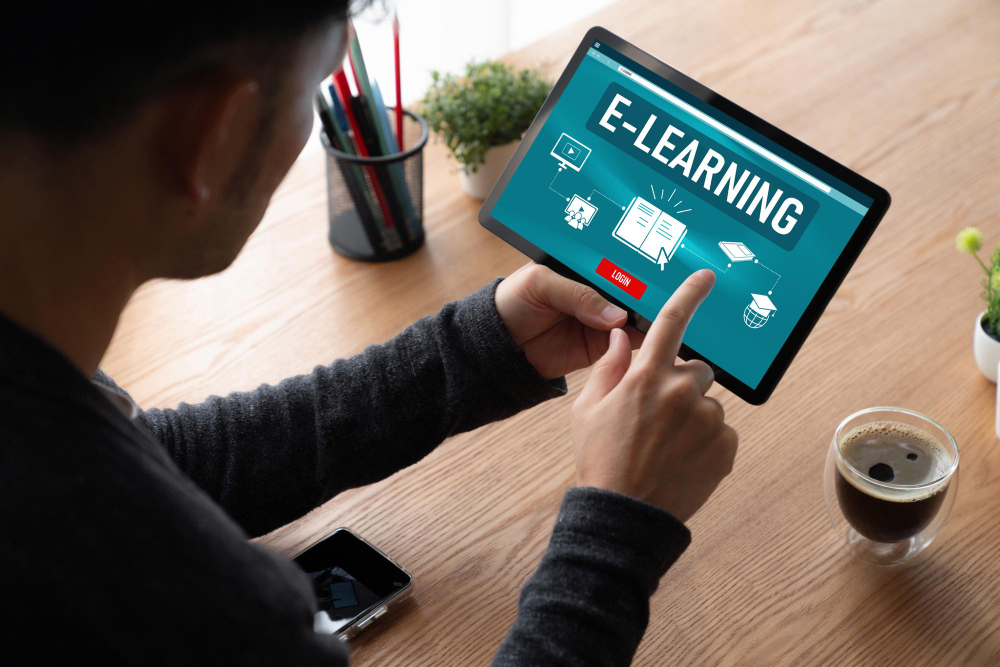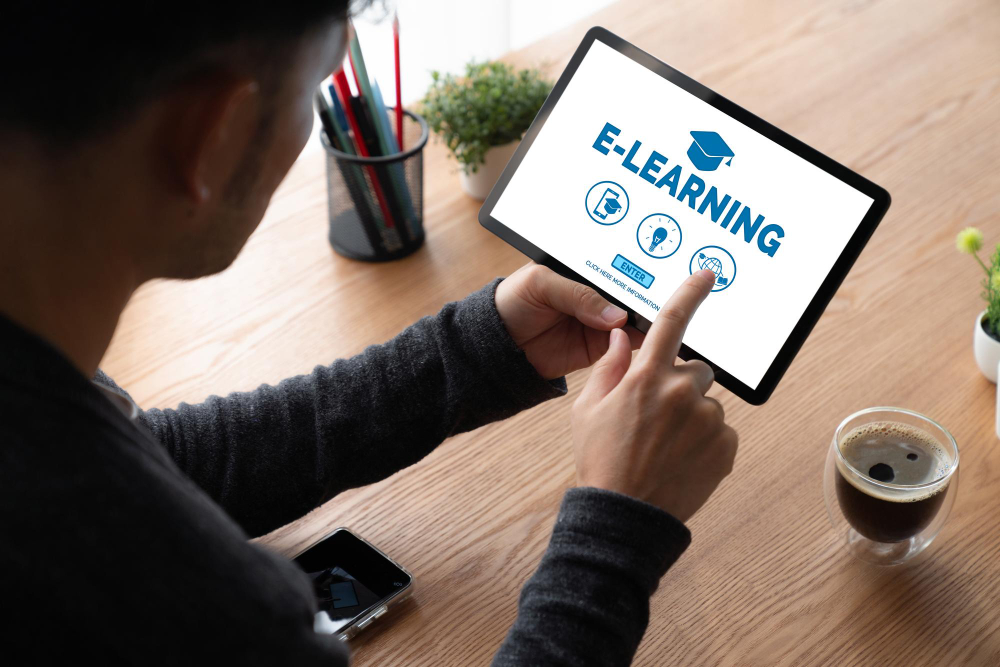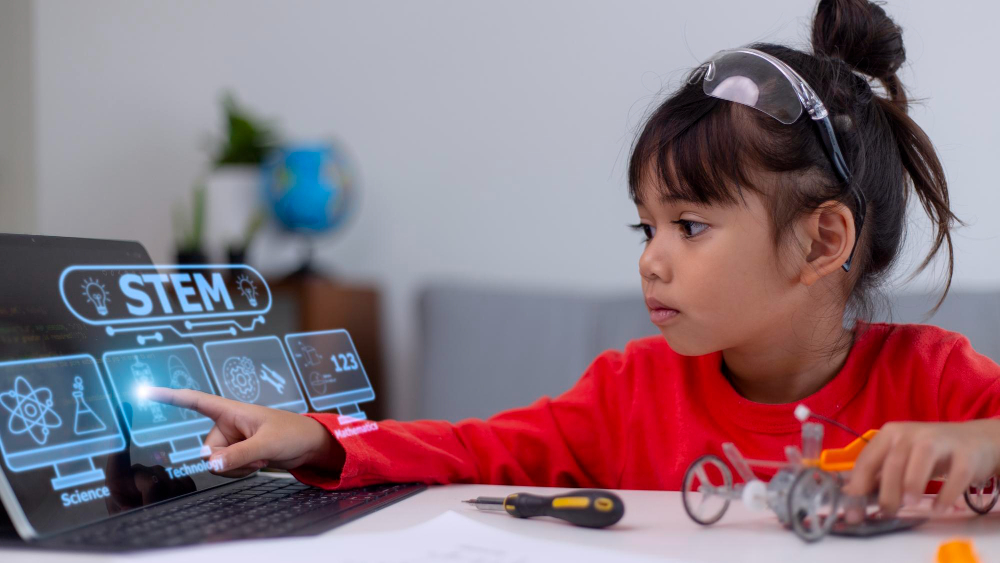
Thursday, 20Nov 2025
Adaptive Learning Technology Transforms Educational Personalisation: Creating Tailored Pathways for Every Student
Beyond One-Size-Fits-All Education Adaptive learning technology transforms…

Monday, 27Oct 2025
Product knowledge eLearning transforms retail sales performance across every customer interaction, creating a decisive competitive advantage in an increasingly challenging marketplace. The statistics tell a compelling story—retail associates with comprehensive product knowledge sell 87% more than their less-informed colleagues, generate 23% higher customer satisfaction scores, and produce 35% fewer returns due to mismatched customer expectations. These numbers represent more than incremental improvements; they reflect a fundamental truth about retail success: product expertise directly drives business results.
Retail organizations face unprecedented challenges in building and maintaining staff product expertise:
Traditional approaches—printed materials, classroom sessions, and shadowing—simply cannot scale to meet these challenges, leaving many retailers with a critical knowledge gap precisely where customer experience is determined.
Effective product knowledge development breaks complex information into focused, 3-5 minute modules that address specific aspects:
This microlearning approach allows retail associates to:
A major electronics retailer implemented this approach and saw a 42% improvement in product recommendation accuracy while reducing training time by 60%.
Product knowledge becomes more memorable when connected to visual merchandising:
This visual integration creates powerful mental connections between physical store layout and product knowledge, helping associates navigate customers to appropriate solutions efficiently.
Customers frequently ask about product differences, making comparative knowledge essential:
These frameworks help associates confidently explain product differences and guide customers to appropriate options based on their specific needs and budget.
Product knowledge becomes truly valuable when applied to customer scenarios:
A home improvement retailer implemented scenario-based product training and saw a 28% increase in attachment rates for project-related items as associates became more adept at understanding complete customer needs.
Complex technical products require specialized knowledge approaches:
These approaches help associates explain technical products in accessible terms while maintaining accuracy and credibility.
Style-based products benefit from different knowledge frameworks:
This knowledge helps associates serve as trusted style advisors rather than simply processing transactions.
Consumable products require unique knowledge elements:
These knowledge areas transform associates into valuable resources for customers exploring new products or categories.
Home products benefit from contextual knowledge development:
This contextual knowledge helps customers envision products in their own spaces, increasing purchase confidence.
Not all associates need identical product knowledge:
This tiering ensures that training resources focus on role-relevant knowledge while maintaining baseline standards across the organization.
Even the best training requires performance support reinforcement:
A specialty retailer implemented QR-linked product information and saw a 47% reduction in “I’ll have to find out” responses to customer questions, significantly improving service efficiency.
Product knowledge decays without reinforcement:
These ongoing activities maintain knowledge currency while creating engagement with the learning process itself.
Effective product knowledge programs include robust measurement:
These measurements create accountability while identifying opportunities for program improvement.
Retail environments face perpetual time pressure:
These approaches respect the operational realities of retail while ensuring knowledge development remains possible.
Product proliferation creates potential for overwhelming associates:
This structured approach prevents cognitive overload while building comprehensive understanding.
Learning that doesn’t transfer to the sales floor has limited value:
These application-focused elements bridge the gap between knowing and doing.
Temporary employees present special training challenges:
These adaptations ensure that even short-term staff can provide valuable customer assistance.
Retailers implementing effective product knowledge eLearning consistently report impressive returns:
These metrics demonstrate that product knowledge investment delivers tangible business results that impact the bottom line.
As technology continues to evolve, several emerging approaches show promise:
AR technology creates new possibilities for product training:
These immersive approaches create stronger memory encoding than traditional learning methods.
Artificial intelligence enhances recommendation capabilities:
These capabilities help associates make increasingly sophisticated recommendations that drive satisfaction and sales.
Voice technology creates new performance support options:
These tools provide subtle support during customer interactions without creating distracting device interactions.
Product knowledge eLearning represents more than just a training methodology—it offers a strategic advantage in an increasingly competitive retail landscape. Organizations that implement comprehensive product knowledge development create more confident, capable, and customer-focused teams while significantly improving key performance metrics.
The most successful retailers recognize that product expertise forms the foundation of exceptional customer experiences. By implementing strategic product knowledge eLearning, these organizations ensure that every customer interaction becomes an opportunity to demonstrate value, build trust, and create lasting relationships.
Learning Owl specializes in developing custom product knowledge eLearning solutions specifically designed for retail environments. Our team combines deep retail expertise with cutting-edge instructional design to create training experiences that drive measurable performance improvements.
Contact Learning Owl today to discover how our product knowledge eLearning solutions can revolutionize your retail training approach and transform your customer experience.

Thursday, 20Nov 2025
Beyond One-Size-Fits-All Education Adaptive learning technology transforms how educational content responds to individual learner needs, creating unprecedented opportunities for personalized mastery across diverse student populations. Traditional educational approaches—standardized content delivery,…
Read More line_end_arrow_notch
Monday, 17Nov 2025
Reimagining Scientific Discovery STEM eLearning innovations transform how students engage with scientific and mathematical concepts, creating unprecedented opportunities for deeper understanding and authentic inquiry. Traditional science and mathematics education—textbook explanations,…
Read More line_end_arrow_notch
Thursday, 13Nov 2025
Beyond Checkbox Compliance Compliance training strategies transform how insurance organizations approach regulatory requirements, converting what many view as burdensome obligations into operational advantages. The insurance industry faces one of the…
Read More line_end_arrow_notch